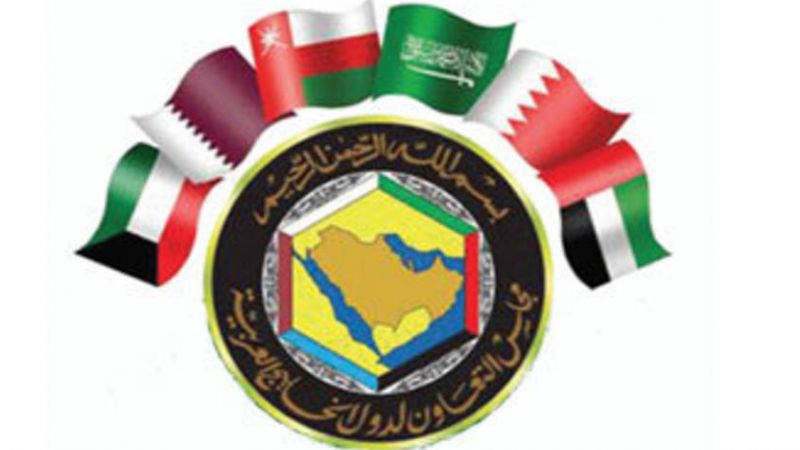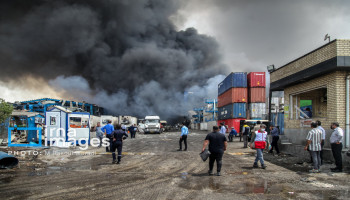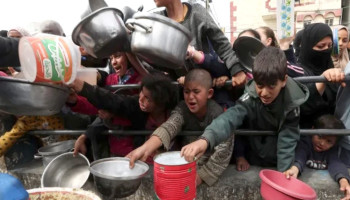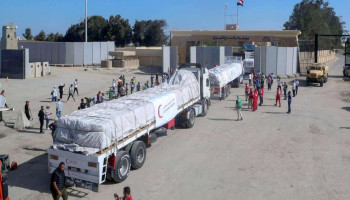While the Gulf crisis is entering its fourth year on June 5, 2020, Qatari Assistant Minister of Foreign Affairs, Lulwa Al-Khater, affirms that "Doha has surpassed all economic impacts and has adapted itself to sustaining this situation."
During her participation in a discussion session on the Gulf-European relations, she said that "there is no winner" in the Gulf crisis, stressing that the absence of cooperation and coordination "will have a negative impact" on other issues in the region, according to a statement by the Qatari Foreign Ministry, last Tuesday.
Al-Khater said that "the accumulated issues of the region require sincere regional leadership from the region and a holistic approach without excluding a party or ignoring the history of the issue."
Kuwait is making continuous efforts to mediate between the two parties of the crisis, but it has not yet been able to achieve a breakthrough to restore the situation to what it was between the countries of the Cooperation Council, which includes Qatar, Saudi Arabia, the Emirates, Kuwait, Bahrain and the Sultanate of Oman.
In the context, the Kuwaiti Prime Minister, Sheikh Sabah Al-Khaled, expressed his regret that the Gulf crisis had not been solved by the time, entering the fourth year, indicating that attempts to defuse the crisis are still continuing.
He added that the Emir of Kuwait, Sheikh Sabah Al-Ahmad Al-Jaber Al-Sabah, is concerned that Kuwait is always for gathering various parties, to achieve reassurance for any future agreement.
The Kuwaiti Prime Minister stated that he was sure that all the Gulf states consider the Gulf Cooperation Council important to them, to the region and the world.
In the context of the Gulf crisis, US and Gulf officials said that the US administration of President Donald Trump put pressure on Saudi Arabia and the UAE recently to end the imposed ban on Qatar civil aviation in the airspace of the two countries, according to the American "Bloomberg" agency, on Wednesday.







